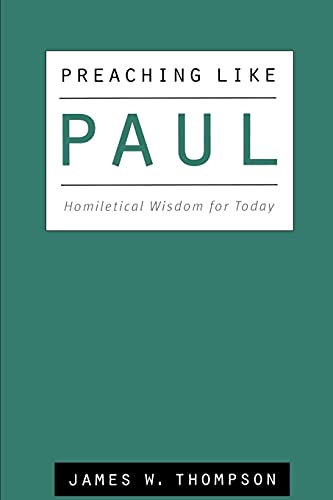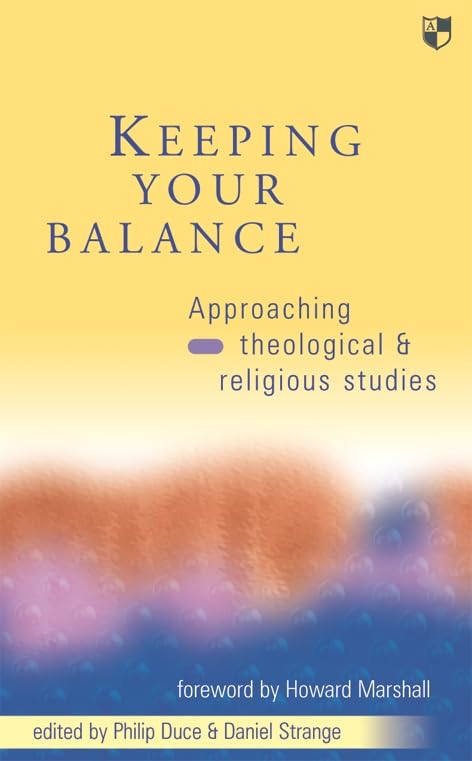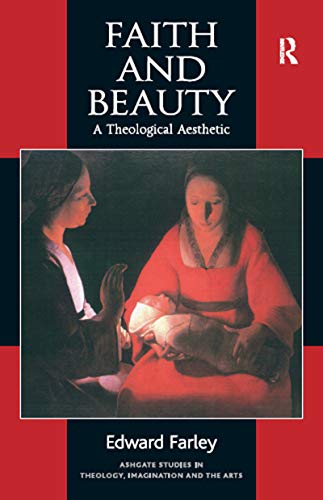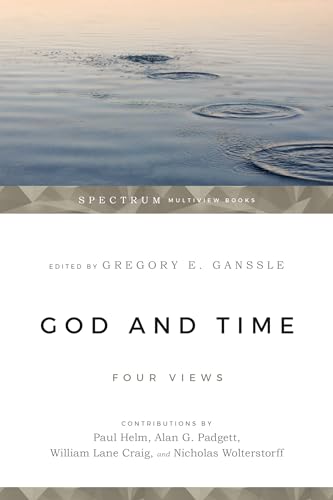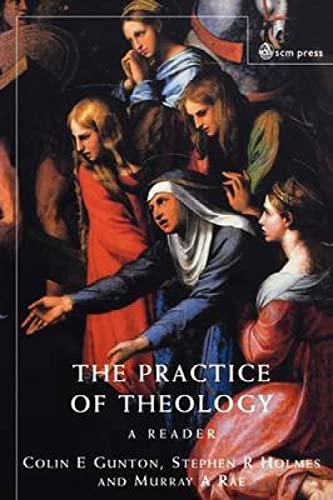LOOKING INTO THE FUTURE: EVANGELICAL STUDIES IN ESCHATOLOGY
Written by David W. Baker (ed.) Reviewed By Tim ChesterThese essays on eschatology are drawn from the 1999 gathering of the Evangelical Theological Society in the USA. Contributions come from biblical, historical, systematic and applied theology with a special section devoted to eschatology in open theism. Although united by the theme of eschatology, they are a rather disparate collection—both in terms of standpoint and style.
Highlights include Mark Dubis’ suggestive interpretation of the suffering motif of 1 Peter in terms of messianic woes which, he claims, were thought in Jewish apocalyptic to represent the climax of exilic suffering. Guenther Haas provides a clear discussion of creation and kingdom ethics in which he stresses the continuity between the two, while Donald Mills’ treatment of eschatology in 1 John is a model of clear exegesis. Harry Poe shows how the English Puritan’s changing view of the reign of Christ (from church, to believer’s heart, to apocalyptic) reflected the political and ecclesiastical events of the time, offering a timely reminder of the dangers of losing the priority of gospel proclamation. Another highlight is Lanier Burns’ account of secular and theological eschatologies in the twentieth century. He emphasises eschatology as an account of hope in the context of hopelessness, but also warns of obscuring biblical faith with cultural hopes.
The volume opens with a strong essay by Bruce Waltke in which he traces the kingdom of God through the biblical narrative in terms of the Abrahamic promise, focusing on the motifs of people, land, rule (law) and human ruler. One surprise is that while he shows how the land motif finds fulfilment in the church and the Christian life, he fails to extend this into the new creation. Darrell Bock provides a useful summary of debates about the kingdom in NT scholarship arguing that the term is neither fixed nor wholly fluid, but ‘tensive with a stable base’ (36).
A number of essays reflect the concerns of American evangelicalism. The most interesting of these is Russell Moore’s contribution in which he claims that the acceptance of inaugurated eschatology by US evangelicals, especially in ‘progressive dispensationalism’, is leading to what Europeans might call a more progressive social ethic.
The section on open theism is undoubtedly the ‘hottest’ one of the book. Steven Roy argues that the freedom envisaged by open theism is incompatible with eschatological certainty while John Sanders argues that is compatible. Neither moves much beyond assertion. Clark Pinnock defends the inclusivist position of Roman Catholicism. He points to God’s saving purposes beyond Israel, but fails to demonstrate that this takes place apart from knowledge of God’s word. The significance of the essay lies mainly in the fact that an evangelical is proposing that the unevangelised can be saved by the light of general revelation. Steve Tracy’s essay is ostensibly on theodicy in open theism, but in fact provides a good exploration of the wider issues of theodicy and eschatology.
One final comment: it would have been good to see contributions from theologians rooted in the context of ministry and mission. The one contribution from a pastor is disappointing in this respect. Robert Douglas discusses the Christian and Gnostic elements of The Epistle to Rheginos. He notes the Gnostic elements within contemporary evangelicalism and ends by hoping that by attending to past attempts to refute Gnosticism we might gain insights for today. The problem is the essay ends where it should have begun. It does not cover the response to The Epistle of Rheginos, let alone apply these insights today.
Tim Chester
Tim Chester
Porterbrook Institute
Sheffield, England, UK



